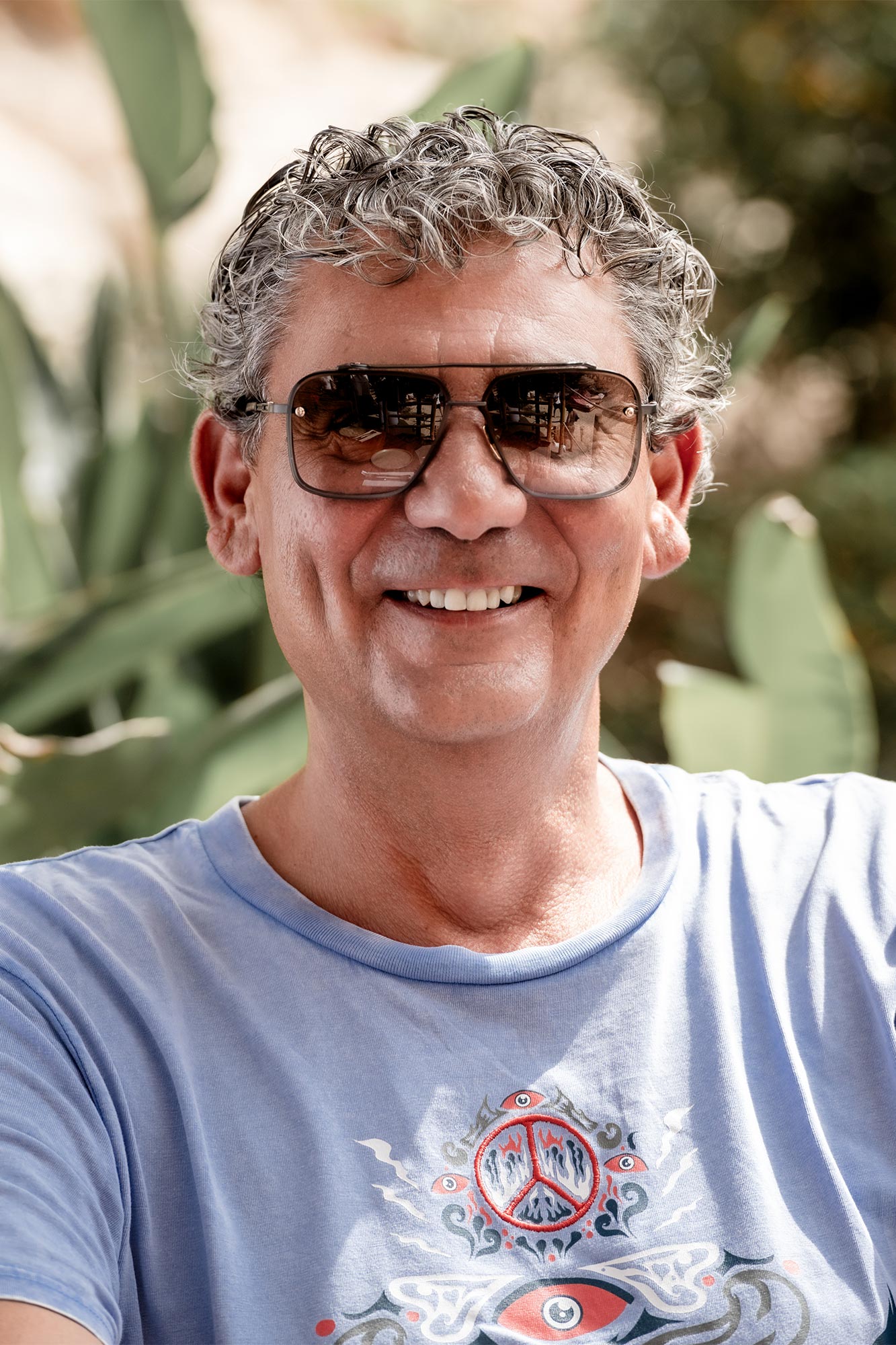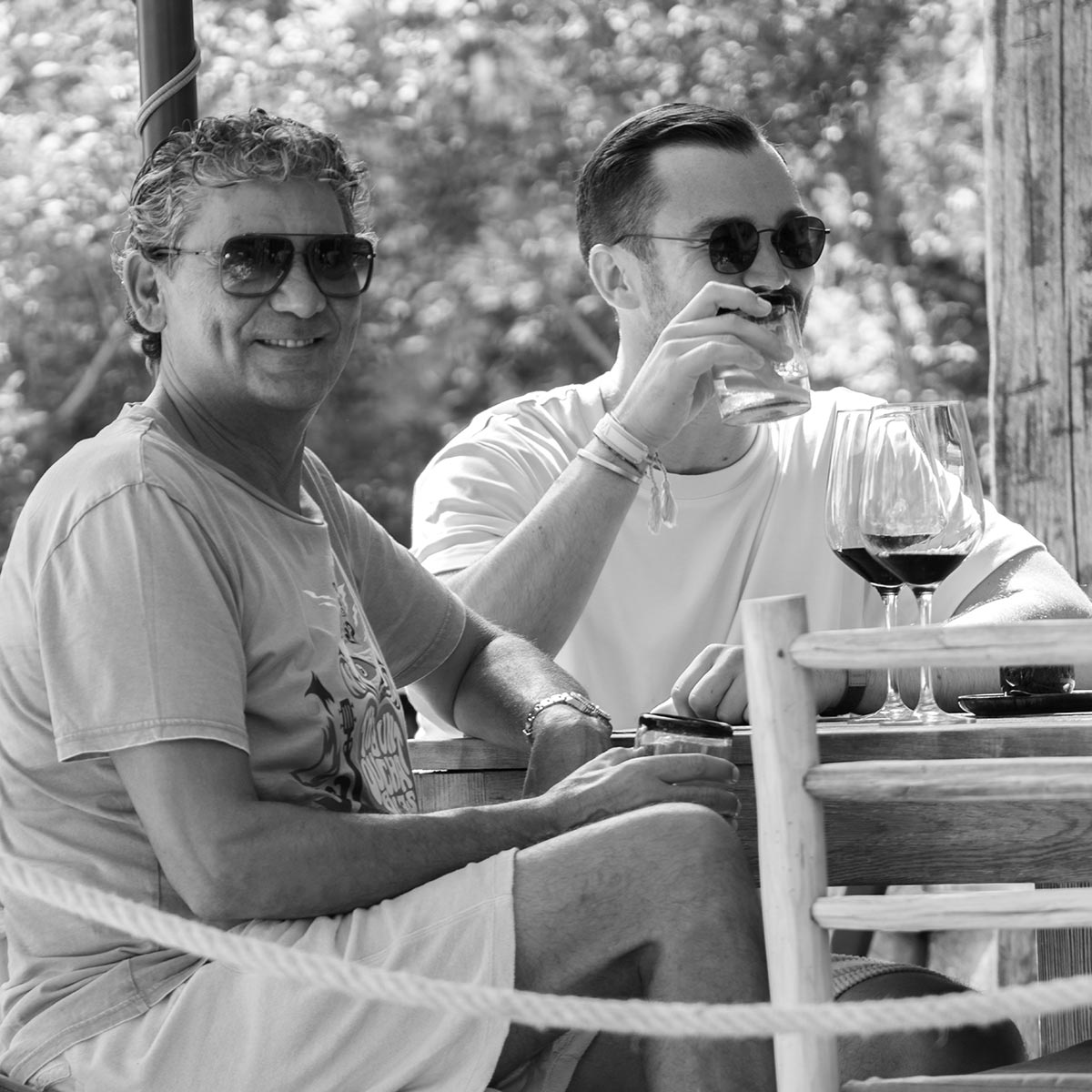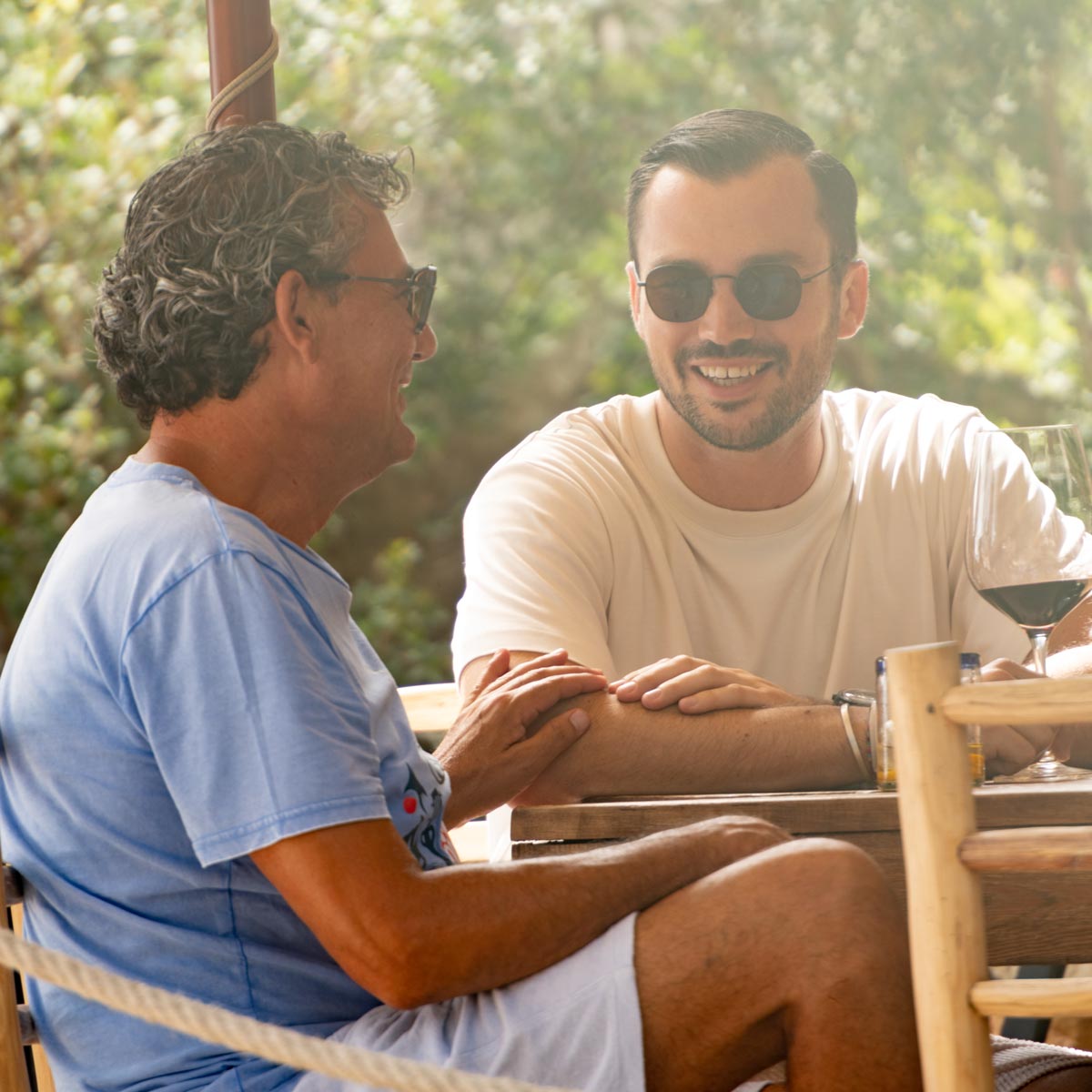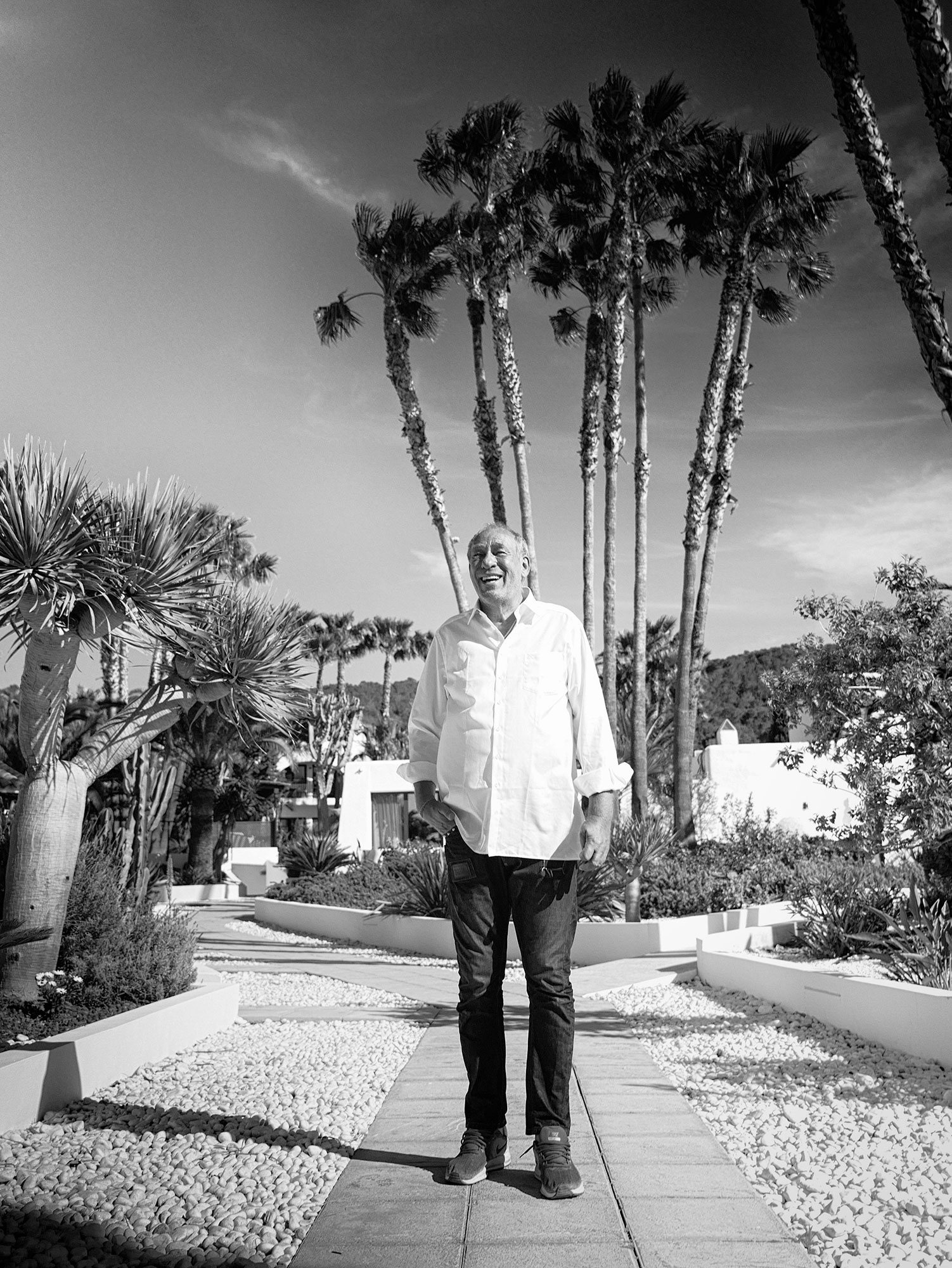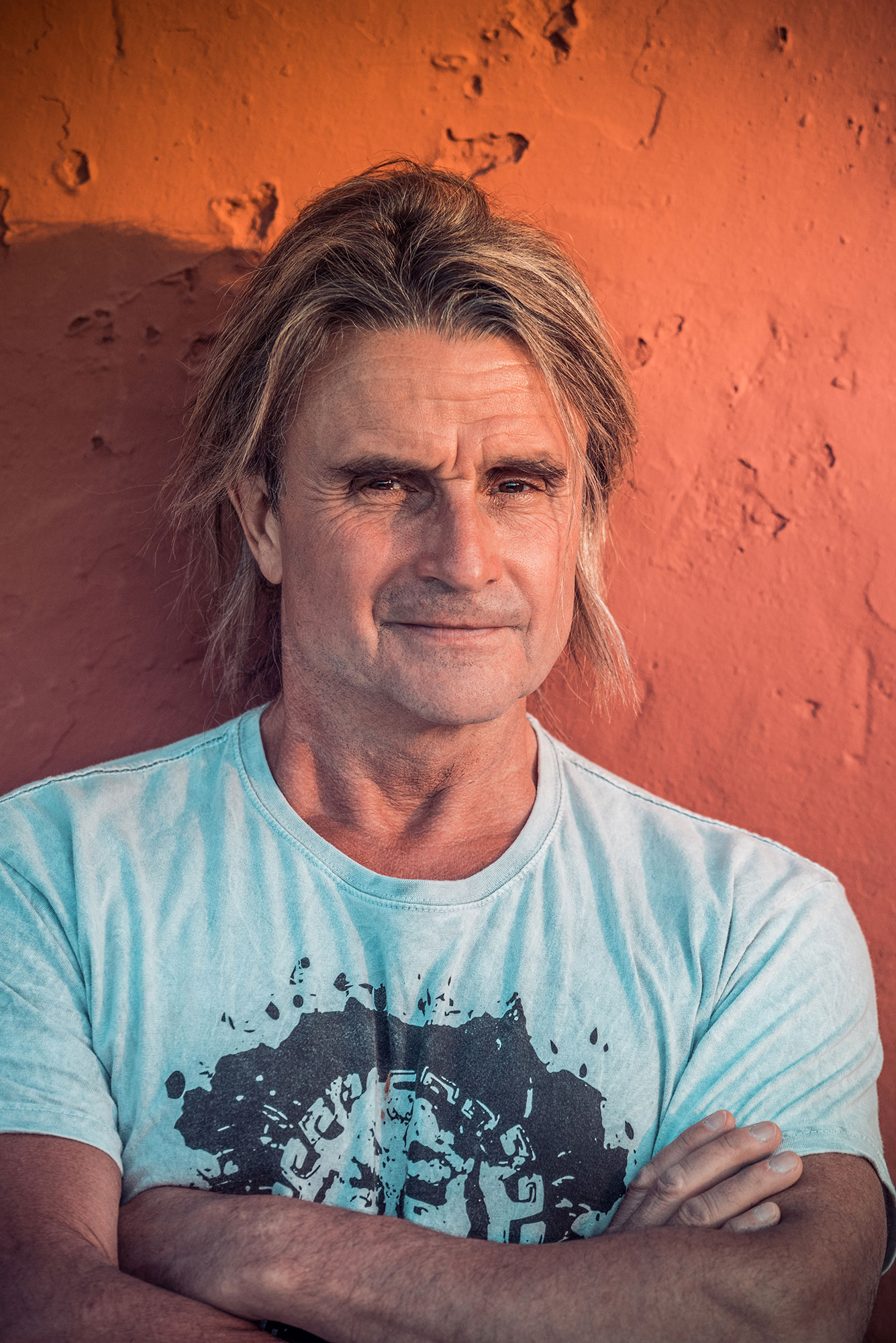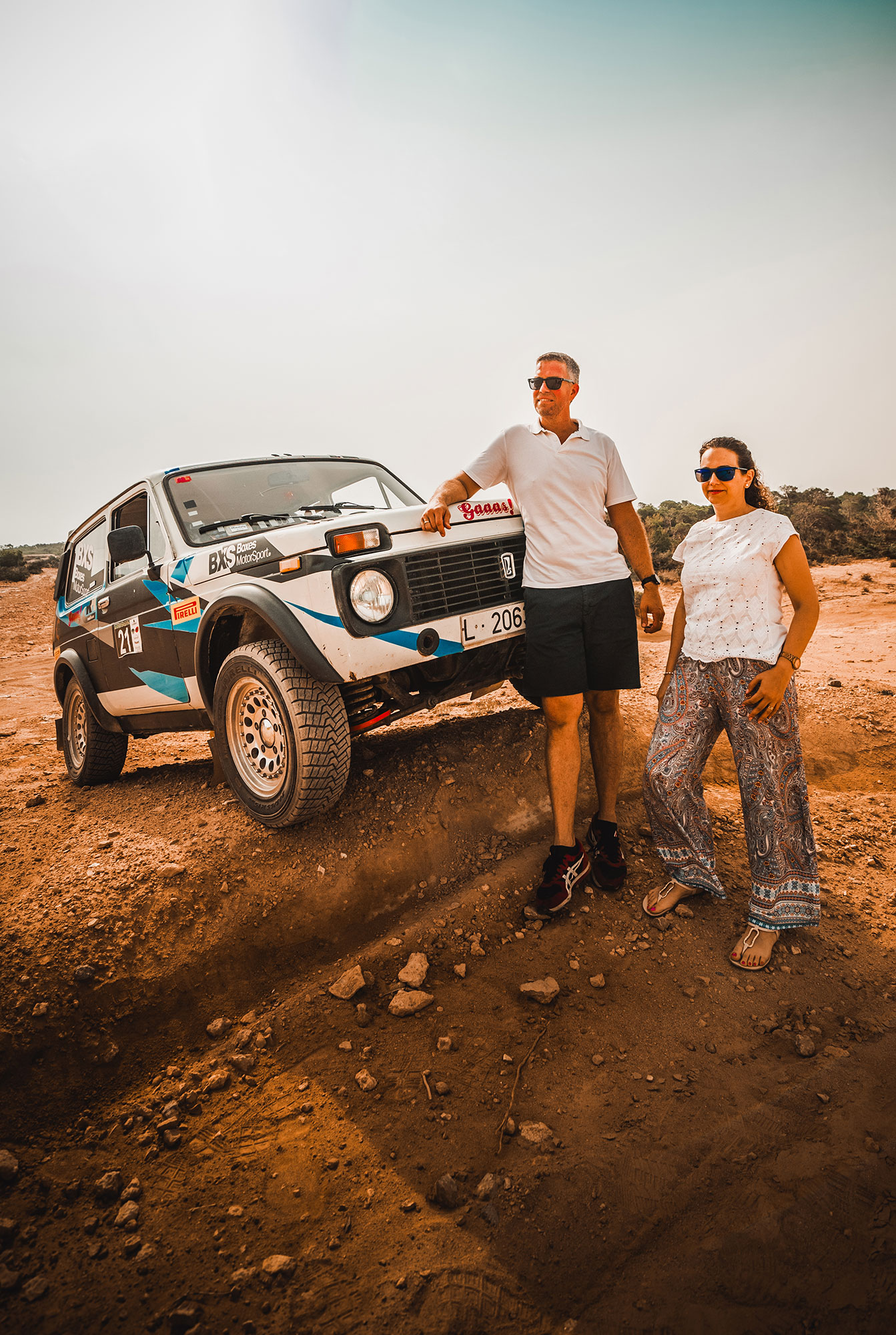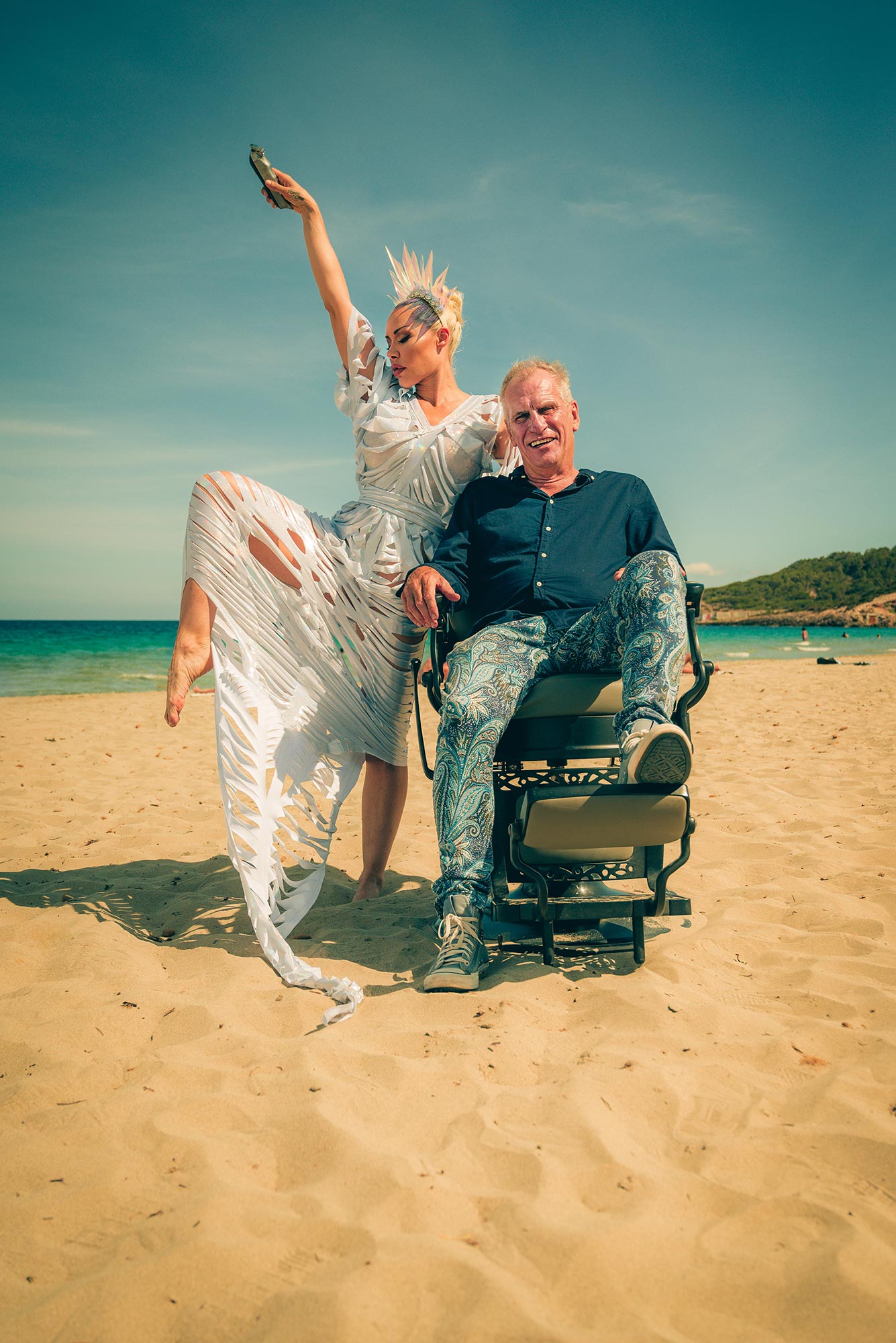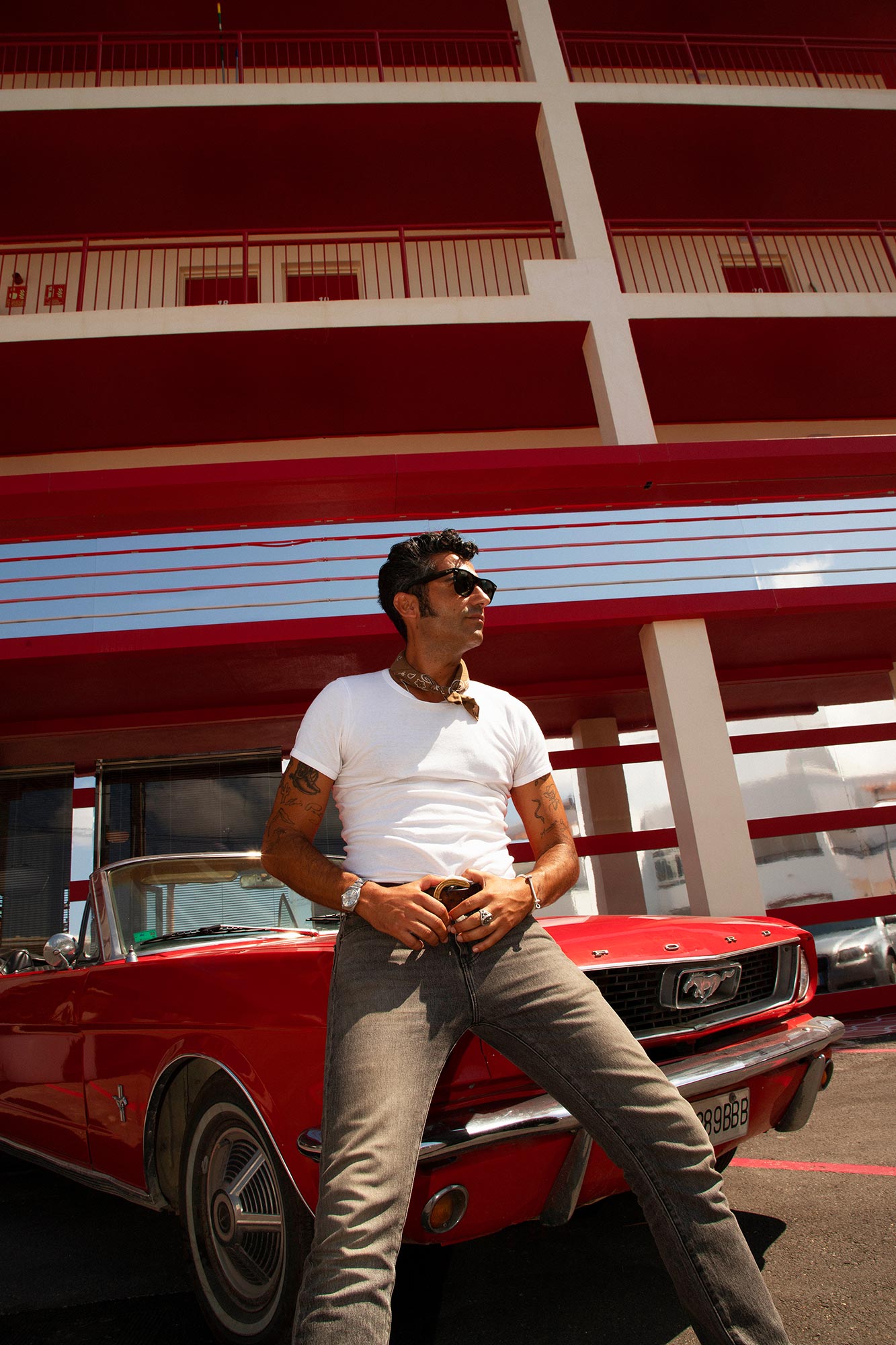Domus Vivendi Group founder Thomas Oellig knows how to turn visions into reality: “There’s no such thing as can’t be done. Everything I set out to do succeeded – and that’s still the case today. Because I put all my energy and creativity into setting goals. I don’t just stop and say: Oh no, it won’t work. Instead, I do everything I can to make it work. I support those around me who want – and do – the same.”
The Selfmade Man’s group of companies has turned over more than one billion euros in the last 13 years – which is no coincidence. Oellig was shaped as a teenager by the need to be successful with instinct, creativity, the will to achieve and determination – in order to make money:
“I grew up in a working-class family where there was no money. But when I was 14 I wanted a moped, so I delivered newspapers during my school holidays. That paid 10 D-marks a week. Because the usual newspaper delivery kids were on holiday, I took the chance and took over their circles. But at some point I couldn’t walk any more than I could run. So I hired my friends, whom I paid 7 marks a week – and kept 3 each for myself. A formative time that taught me basic things: it makes sense to multiply for success, to always keep moving, to do more than the rest. And to work on weekends or when others take time off.”
That’s the opening line of the following unprecedented career changer that began as a miner. Oellig explains how he came to this realisation: “I really started working right after primary school, at 15. At the Saar mines. At the same time, I did my training as a miner / hydraulics technician. I got up at 4.30am every morning to make the long journey to start work at 6 am – a tough job.”
For a teenager who was still cramming for his Abitur in the evening. “Because I wanted to study business in Trier. When I was 18, I had my A-levels in my pocket and still had 9 months until I could start university. I used that time to earn some money.”
In an investment consultancy that recognised Oellig’s talent, taught him and employed him as a team manager: “I had to manage sales staff, which I knew very well from my newspaper sales group (laughs). What I didn’t realise was how much irresistible money I could earn with it. I said to myself: leave your studies behind, set up your own business and take off.”
He did. So successfully, in fact, that his tax advisor gave him what turned out to be groundbreaking advice when he was only 19. “I should definitely invest in real estate, otherwise I would pay too much tax. At that time there was still the Berlin tax model.”
Oellig understood immediately and built a six-family house on the land he bought. “As soon as it was built, various employees asked for their clients if I would sell individual flats. Sure, I said, wrote out a price – and they were gone. Oops, that makes even more money!”
And the just 21-year-old Thomas Oellig from Saarland became a building contractor. Of course, he needed an office for that. So he built himself an office building and founded three companies. “One for property developers, which had 50 employees within 10 years. One that only made building plans, with 20 people. And the pipe company with 100 people. I sold everything and continued abroad, among other places in Mallorca – and Ibiza. The weather was nicer than in Germany – and life was freer.
Which would have remained hidden from him if someone in his environment hadn’t caught so much Ibiza fire: “My buddy, with whom I always went on skiing holidays, kept talking about Ibiza. But I didn’t want to go there because I thought it was a drug island. Then he convinced me to come along – and in the summer of 1996 he showed me the real Ibiza, which I still love today. After that, I flew there practically every weekend and even motivated my employees: “If you achieve this and that goal, we’ll fly to Ibiza as an incentive.”
In 1998, on one of these trips, Oellig met his future wife, who was in a recording studio producing records by stars like Mike Oldfield (rock icon whose “Tubular Bells” concept albums 1 & 2 are milestones in music history). “It went quickly with us, we had children right away (laughs). Which should not grow up in a hotel, but in a permanent home. So we bought two flats in the planned Residencia Peralta San Carlos, whose construction had yet to be realised. I was asked if I could do it – yes, I could. The 36 flats and 18 commercial premises are still standing.”
Oellig says this with a mixture of pride, joy, humility and gratitude. Because in this case, too, his instinct led him to the right place at the right time with the right people. To whom he was able to give something valuable back with creativity, the will to perform and determination – and continues to do so enthusiastically:
“Ibiza is mystical, has something magical. I feel comfortable, secure and at home here. Even though we now live in Kitzbühel, I try to spend as much time as possible in my second home. You always meet great people. And, unlike in Mallorca, where everything is organised in a comparatively straightforward way, on Ibiza you are free. This un-sortedness, the little bit of dirt, gives you relaxation – and peace. Here I can go to the beach with my iPad and work. I get a lot of ideas in this unique atmosphere, the place inspires me and sparks my creativity for new projects and products. Like many tourists, I don’t come to Ibiza to spend money: I prefer to create something for the island and make money – actively and passively – in the process.”
www.dv-group.de
www.hippiements.com
www.hippiements-village.com
